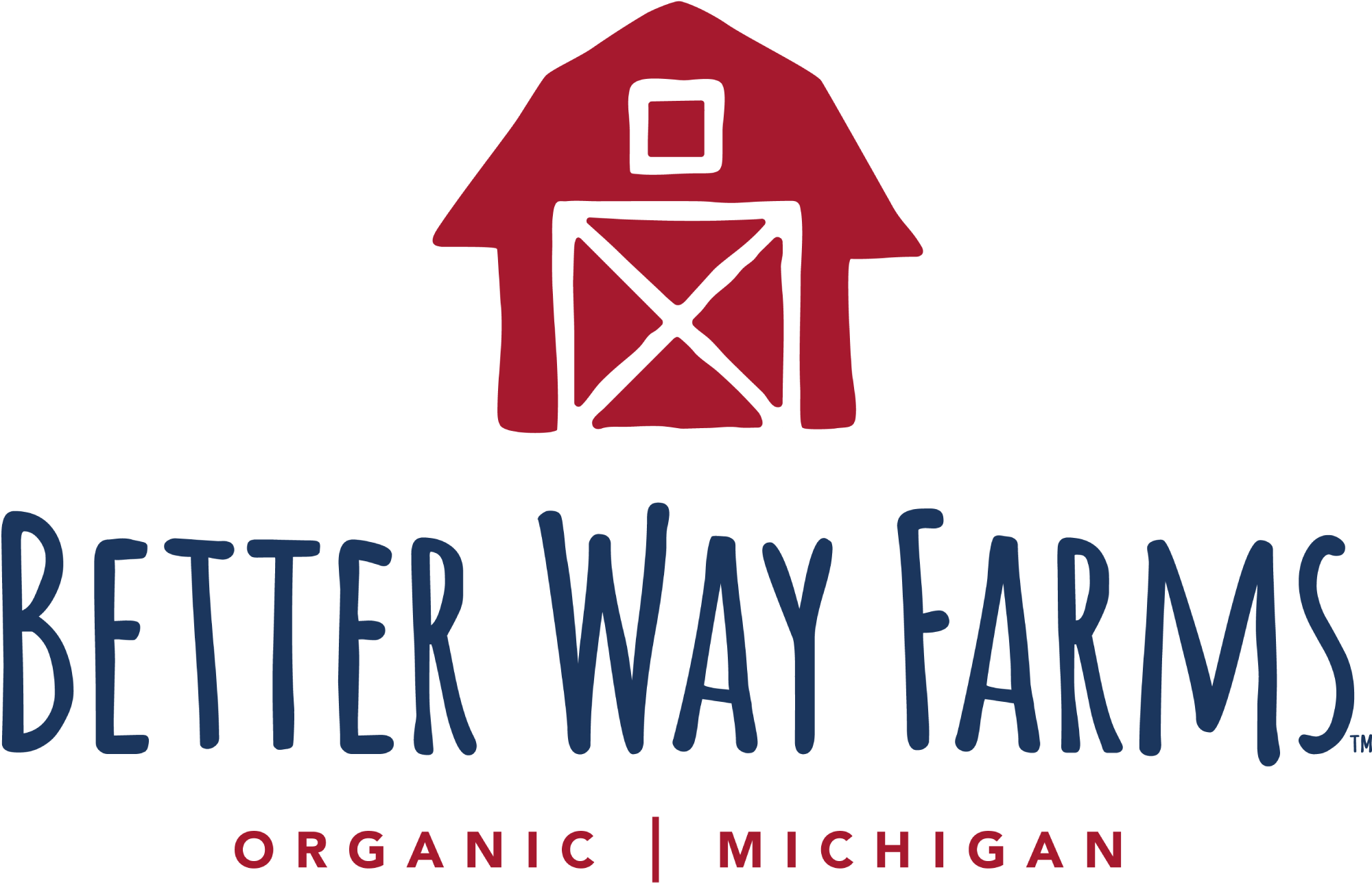Native Bees
Did you know that crops pollinated by honey bees make up 35% of global food production? Every spring, when our blueberry bushes have blossomed, a local beekeeper brings his bees to the farm so they can cross pollinate our blueberries. Without bees, our berries would not develop into the beautiful and delicious fruit your customers enjoy.
In the last 40 years, bee populations have been on the decline and this poses a threat to our food supply. While more research is needed, it is thought that reduced habitat, toxic pesticides and herbicides, and genetically modified crops are contributing to this. By using regenerative farming methods we eliminate herbicides such as glyphosate and in doing so, are doing our part to improve the ecosystem and allow bees and other creatures that share the earth with us to thrive. It also means responding to the fluctuations in temperatures in order to promote pollination. In addition to honey bees we are creating habitat for native bees (mason bees and bumblebees) that are hardier and will work when the honeybees take a day of because it is too hot, cold or rainy.
Each is a small step towards growing a Better Way.
